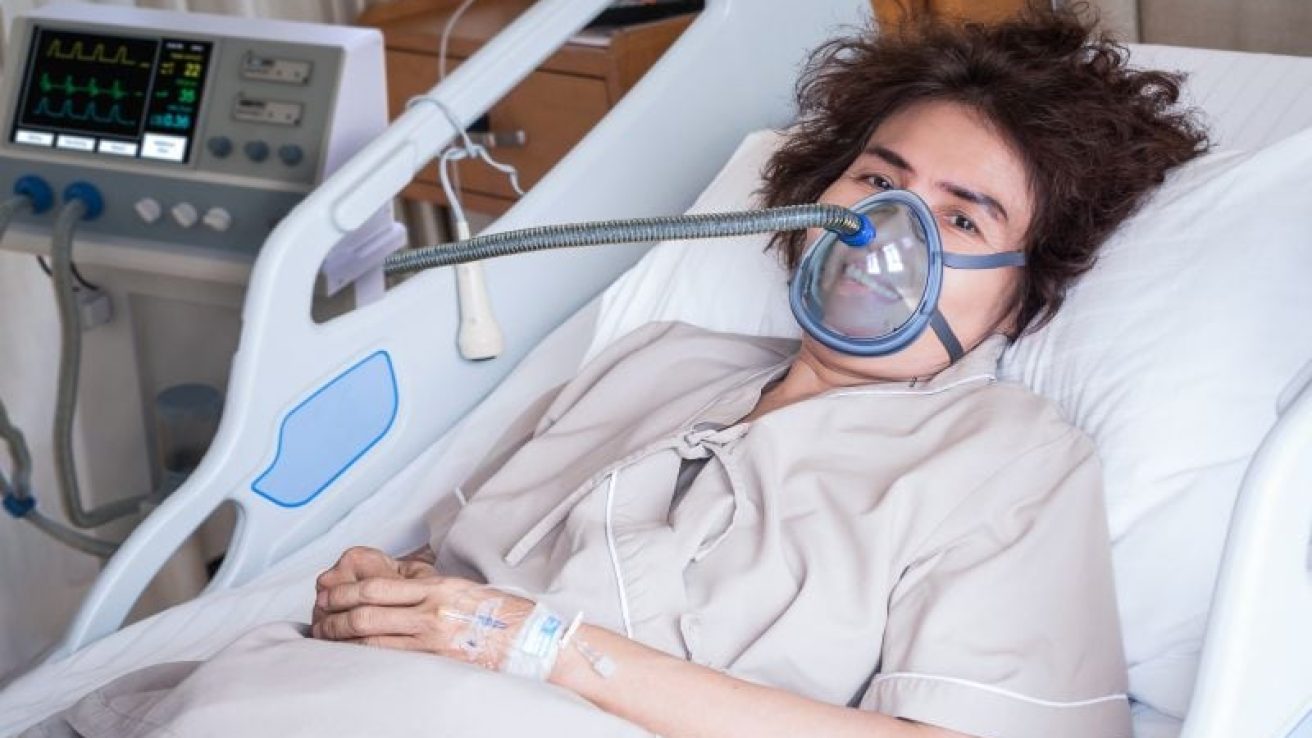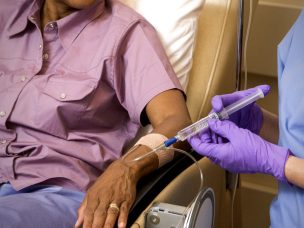Higher proportion of Indigenous American ancestry associated with a greater incidence of HER2+ breast cancer
Indigenous American (IA) origin could partly contribute to the higher incidence of human epidermal growth factor receptor 2-positive (HER2+) breast cancer in Latinas, according to a study recently published in Cancer Research.
Katie M. Marker, M.P.H., from the University of California in San Francisco, and colleagues evaluated genomewide genotype data for 1,312 patients participating in the Peruvian Genetics and Genomics of Breast Cancer Study to estimate genetic ancestry. The association between HER2 status and genetic ancestry was evaluated with findings replicated in 616 samples from Mexico and Colombia.
The researchers found that the odds of having a HER2+ tumor increased by a factor of 1.20 with every 10 percent increase in IA ancestry proportion. In samples from Mexico and Colombia, this association between HER2 status and IA ancestry was independently replicated.
“The positive association between Indigenous American genetic ancestry and HER2+ breast cancer suggests that the high incidence of HER2+ subtypes in Latinas might be due to population and subtype-specific genetic risk variants,” the authors write.
Sources:










